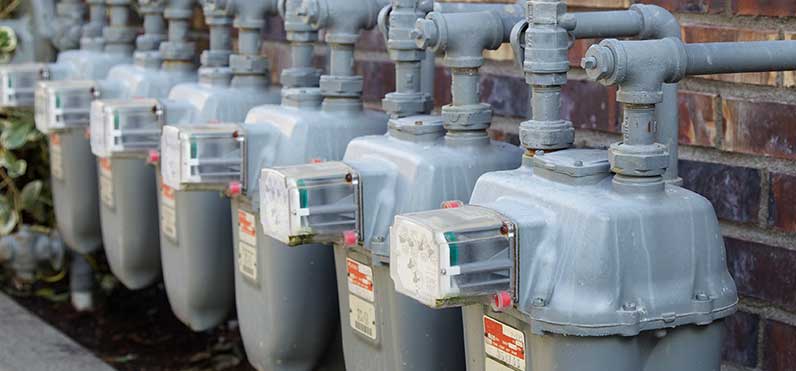As local governments work to lower carbon emissions and implement climate action plans in their communities, there is a new push for all-electric buildings. In November, Brookline voted to ban oil and gas piping in future construction projects and gut renovation projects beginning in January 2021. The By-law exempts fuel piping needed for backup generators, cooking, laboratories, medical offices and for central domestic hot water systems in large buildings. The way it would work is that the town would not issue building permits for new buildings (or buildings that have undergone a substantial rehabilitation) that include fuel piping inside. Because Brookline is a town, the measure will require review and approval from the Massachusetts Attorney General’s Office in order to take effect.
For developers, a patchwork of local gas and oil bans will require new feasibility and costs analysis of all-electric construction to navigate.
The Brookline oil and gas ban for new and rehabilitated buildings is significant and represents the first of its kind in New England. Other Boston-area communities are poised to follow suit. Cambridge, Lexington and Newton are exploring or advancing similar fossil fuel bans. Other communities, including Arlington, are watching to see if the Brookline measure is approved by the Massachusetts Attorney General’s Office. If pursued and passed, the cities (as opposed to towns) contemplating such a measure would not require the approval from the Massachusetts Attorney General’s Office, but the approval (or rejection) by the Attorney General’s Office may provide a strong signal as to how the measures will fare under legal scrutiny. There are also some questions about whether the Brookline By-law, even if approved by the Attorney General’s Office, contravenes state utility law (ensuring residents can access gas service) and can withstand legal challenge. The natural gas industry (and other stakeholders) may very well be interested in having that fight. For developers, a patchwork of local gas and oil bans will require new feasibility and costs analysis of all-electric construction to navigate.
The Brookline By-law stands apart from similar legislation on the west coast and is notable for the additional reason that it includes certain renovation projects (what it terms “significant rehabilitation”) – not just new construction. A significant rehabilitation includes work for which a building permit application is required, and for which the work area includes 50% of the original building floor area. While this would not impact many typical home renovation projects (a moderate addition, for example), the legislative reach into renovation and rehabilitation projects is significant and well-worth monitoring and important for homeowners and community associations to take note of as they contemplate system upgrades and improvements in the years to come.
The City of Boston does not yet have comparable legislation on the agenda, but it has announced a goal of being 100% carbon free in 2050. To achieve that goal that will likely require, among other steps, dramatic changes to building energy systems, not only in new construction, but also energy retrofits in existing buildings and a switch from reliance on oil and gas. That will take significant capital and planning. The implementation of such goals – and attendant regulation -- will undoubtedly have a serious impact on homeowner associations and condominium associations large and small and will be important to consider and factor into budgeting and major renovations.


